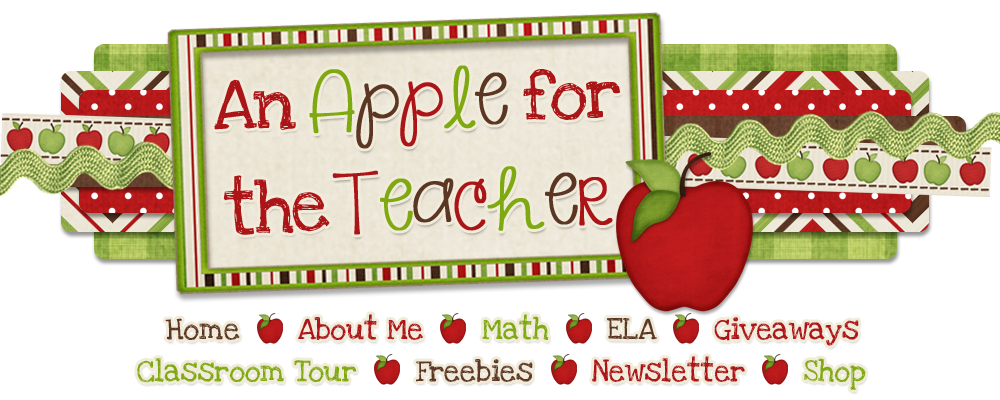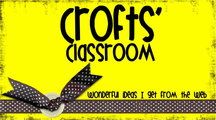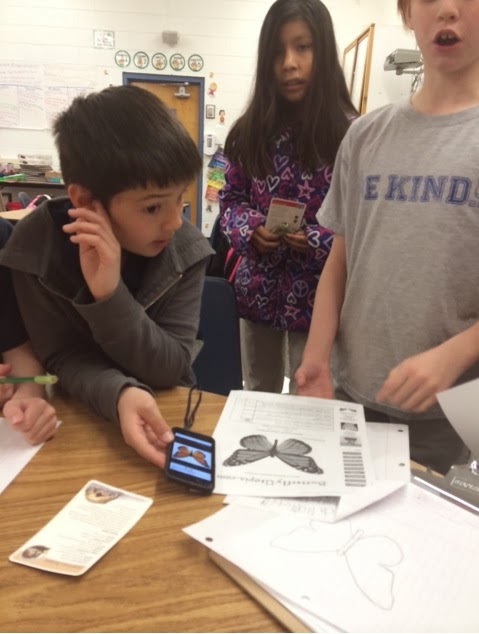
Today is all about Chapter 2 of our book study of The Together Teacher by Maia Heyck-Merlin. If you missed chapter one, you can find it here. Every Wednesday, we will be reviewing each chapter on our quest to be more organized "Together Teachers". I also have a giveaway for you this week! Read on to find out more!

Chapter 2
This chapter is all about making sure you don't miss any deadlines by using what Maia calls a Comprehensive Calendar. In this chapter we learn how to determine what type of calendar to keep (you will have a chance later in the post to win MY calendar of choice), how to put the calendar together using the Ideal Week Template we created after reading chapter 1, and finally how to maintain that calendar so that it can sufficiently guide us from month to week to day!
The Multiple-Calendar Dilemma
How many of us are guilty of this one? Having a calendar for school, a calendar for your kids' activities, a calendar for your non-school related issues, a calendar of deadlines for classes you are taking, calendars in your cell phone, calendars on your computer, calendars, calendars, everywhere? When you have multiple calendars it is so easy to lose track of everything you have going on. Maia says that this can lead to collisions (such as report cards being due on the same day as your Master's thesis - not that I've ever been guilty of that!). She says that this is the result of the fact that most of us do not take the time to put all our our time commitments and deadlines into one place.
The best way to deal with this is a Comprehensive Calendar, which is a place that lays out all of your time commitments and deadlines in one easy-to access location. It can be paper or tech based. Whatever works better for you. At minimum, it needs a monthly view where you can keep the following:
- Deadlines (one time and recurring)
- Special events
- Standard meetings (grade level collaborations, PD, etc.)
- Personal events (doctor appointments, kids' practices, birthdays, etc.
You can take it a step further by scheduling time blocks from your ideal week into you calendar.
Ideally, this calendar should be set up for at least academic year ahead of time in order to see what events or deadlines lay ahead on which you must make early progress. Now is the time to put in all of those grade deadlines so that you can plan mini-sessions to work on them rather than panicking at the last minute as you stay at school until midnight the night before they are due getting them ready.
Maia gives detailed examples from real teachers' calendars to show you what this might look like using both paper and tech based methods. She also gives pros and cons of each ones so you can choose the option that is right for you.
I personally use both. I ALWAYS have my phone with me, so I will make notes or plan appointments using it. But.. and this is the big but, I will ALWAYS match it up with my paper calendar as soon as I can so that I don't miss anything.
The Up-Front Investment: Creating Your Comprehensive Calendar
Setting up your calendar really is an up-front investment. Just like putting money away for a rainy day, taking the time out of your day to plan your calendar will save you from those embarrassing moments of missing a work deadline, or disappointing your child when you miss a big game.
The Steps are:
1. Rounding up your calendars (all of them - school, sports's schedules, unit plans, pacing guides, syllabus, etc.)
2. Put in the hard deadlines (tax day, lesson plan due dates, grade due dates, etc.)
3. Add your soft deadlines (things you want to accomplish but don't have fixed dates - organizing classroom library, bulletin boards, etc.)/
4. Events
5. Meetings
6. Don't Forget Your Personal Stuff!
Once this is complete (celebrate! Buy yourself a Starbuck's and marvel at how much more prepared you will be this year!)
Then you need to think about what this preparation is going to look like through the year! Maia gives tips for adding to your calendar throughout the year as you:
- Process incoming emails and memos with deadlines and events
- Process regular or routine communication
- Deal with "day of" deadlines
- Deal with deadlines that require work prior to the due date (those darn grades again!).
- Deadlines that you receive via phone
- Deadlines that come up in meetings
So, now that your calendar is set up, you are good to go and no deadlines will be missed, right? Not so fast, Maia says, once you set up your calendar, you must review it regularly (she explains how in a later chapter).
1. Get a copy of the book if you haven't already.
2. Choose a calendar ( you can win the one I use in the giveaway below)
3. Take an hour or two to plan out your comprehensive calendar for the upcoming school year. (If you are posting along with us, link up below, or just add a comment when you have finished this step to let us know you are working along with us!).
Don't forget to visit next week with our guest host - Laura from Luv My Kinders. She will be hosting a giveaway for a $20 Amazon gift card (so you can order the book or other organizing supplies!)
I have chosen to use the Staples Arc System for my Comprehensive Calendar. I love it because I can completely customize it to fit all of my needs. Using the special hole punch (which the winner will receive) I can add any paper that I need to so I don't lose it. I keep not only my calendar, but also my lesson plans, my pacing guide, and my standards inside. Along with this, there is a place for me to keep notes from meetings or thoughts that pop into my head. No more lost sticky notes!



The winner of this giveaway will win a flexi-arc notebook along with the special arc punch (approx $60 value) Good luck!
a Rafflecopter giveaway







































